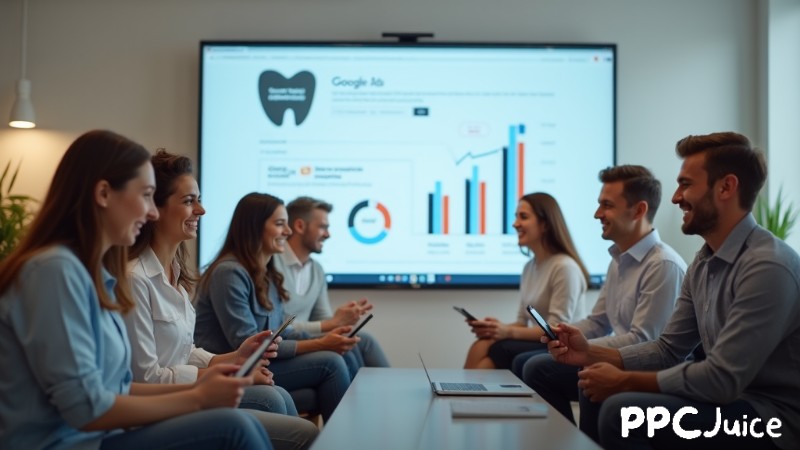
In today’s digital-first financial landscape, B2B fintech marketing isn’t just about visibility—it’s about scalable performance. With increasing competition and customer acquisition costs, the pressure is on fintech marketers to deploy strategies that generate qualified leads and scale efficiently. Enter PPC (pay-per-click): a powerhouse channel when executed with precision and purpose.
The evolution of PPC in Fintech lead generation
Gone are the days when fintech marketers could rely on broad, generic PPC campaigns and hope for conversions. In B2B fintech, lead generation demands surgical precision—targeting niche audiences, navigating long buying cycles, and building credibility from the first click. As a result, PPC has evolved into a sophisticated and high-impact strategy when executed with intent.
Effective fintech campaigns prioritize keyword intent. Rather than wasting budget on vague search terms, marketers now target bottom-funnel keywords like “enterprise KYC software” or “banking API integration.” These indicate clear purchase interest, leading to stronger leads and better ROI. It’s about quality, not just volume—and it’s why partnering with a specialized PPC agency for fintech often results in faster, more scalable outcomes.
But even perfect targeting falls short without optimized landing experiences. B2B buyers expect fast-loading, relevant pages. A slow or off-target landing can break trust instantly—especially in fintech, where confidence in the solution is everything. Remarketing fills the gap, nurturing prospects across their extended decision journey.
Scaling PPC with data, automation, and human insight
Scalability in B2B fintech marketing doesn’t mean “spend more”—it means “spend smarter.” Leveraging automation tools like Google Ads Smart Bidding or AI-powered A/B testing platforms allows marketers to optimize in real-time, adjusting bids and creatives based on performance data.
Yet, automation isn’t enough. Human insight is crucial when interpreting audience behavior, especially for niche financial audiences. Data might reveal a drop in click-through rates, but only expert analysis can identify if it’s due to ad fatigue, irrelevant messaging, or external market shifts.
Budget allocation should also be dynamic. As fintech products evolve and seasonality affects buyer behavior, your PPC strategy must adapt. Scaling means continuously redistributing budget toward top-performing campaigns while sunsetting underperformers without hesitation. This agile approach ensures not just reach, but measurable, qualified lead growth.
Done right, PPC becomes more than a traffic tool—it becomes the engine powering sustainable, scalable fintech lead generation.

